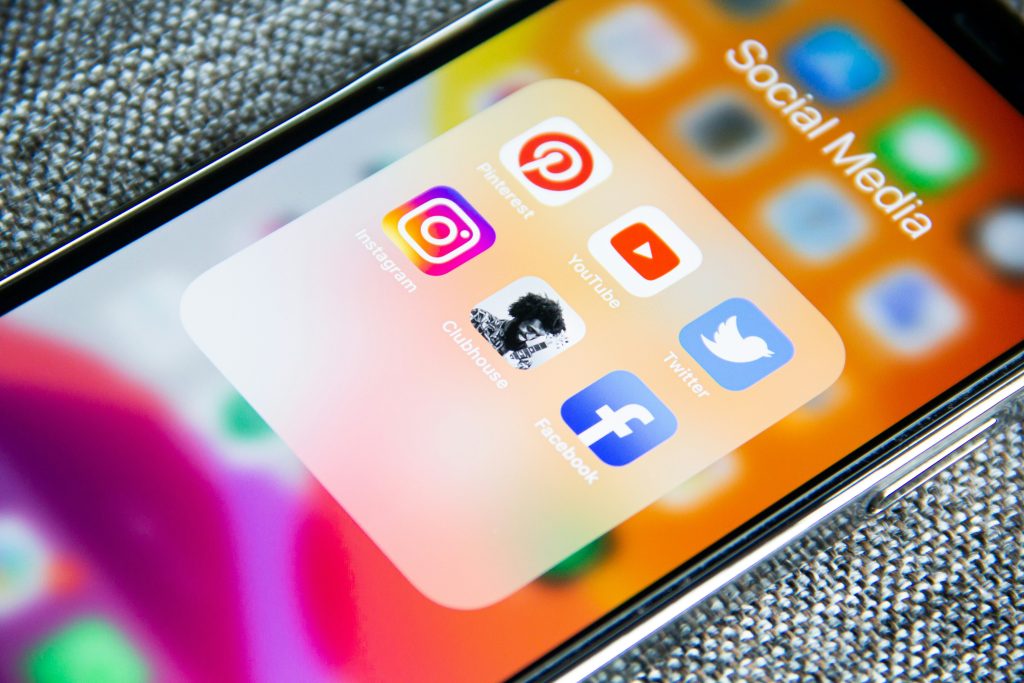Social media has become an integral part of modern life, transforming how we connect, share information, and engage with the world around us. These digital platforms have not only revolutionized personal communication but also reshaped business, politics, and culture. Let’s explore the landscape of social media, its impact, and what the future might hold for these powerful digital networks.
Defining Social Media

Social media refers to web-based and mobile applications that allow users to create, share, and interact with content and other users in virtual communities. These platforms facilitate the creation and sharing of information, ideas, career interests, and other forms of expression via virtual networks and communities.
Key Types of Social Media Platforms
Social Networking
Sites Platforms like Facebook, LinkedIn, and Twitter that focus on connecting people and sharing personal or professional content.
Media Sharing Networks
Sites such as Instagram, TikTok, and YouTube that emphasize the sharing of photos, videos, and other media.
Discussion
Forums Platforms like Reddit and Quora where users can ask questions, share opinions, and engage in discussions on various topics.
Blogging and Publishing Platforms
Sites like Medium and WordPress that allow users to publish long-form content and articles.
Messaging Apps
Applications such as WhatsApp, WeChat, and Telegram that focus on private messaging and group chats.
Review and Recommendation Platforms
Sites like Yelp and TripAdvisor where users can share reviews and recommendations for businesses and services.
Virtual and Augmented Reality Platforms
Emerging social spaces in VR and AR, such as Facebook’s Horizon Worlds or Snapchat’s AR features.
Professional Networking Platforms
Sites like LinkedIn that focus on career development, professional connections, and industry networking.
Benefits of Social Media
Enhanced Connectivity
Social media allows people to connect with friends, family, and like-minded individuals across geographical boundaries, fostering global communities.
Information Sharing
These platforms facilitate rapid dissemination of news, ideas, and information, often in real-time.
Business Opportunities
Social media provides powerful tools for marketing, customer engagement, and e-commerce, revolutionizing how businesses interact with consumers.
Personal Branding
Individuals can build and promote their personal brand, showcasing skills, experiences, and achievements to a wide audience.
Community Building
Social media enables the formation of communities around shared interests, causes, or identities, facilitating support and collaboration.
Entertainment
These platforms offer a wide range of entertainment options, from short-form videos to interactive games and live streaming.
Educational Resources
Many social media platforms serve as informal learning spaces, offering access to educational content and expert knowledge.
Civic Engagement
Social media has become a powerful tool for political activism, grassroots organizing, and public discourse on social issues.
Challenges and Concerns
While social media offers numerous benefits, it also faces significant challenges:
Privacy Concerns
Issues surrounding data collection, use, and protection of personal information.
Misinformation and Fake News
The rapid spread of false or misleading information through social networks.
Cyberbullying and Online Harassment
The potential for abusive behavior and its impact on mental health, especially among younger users.
Addiction and Mental Health
Concerns about excessive use of social media and its effects on mental well-being.
Echo Chambers and Polarization
The tendency for social media algorithms to reinforce existing beliefs, potentially increasing societal divisions.
Content Moderation
Challenges in balancing free speech with the need to control harmful or illegal content.
Digital Divide Inequalities in access to social media platforms and the benefits they provide.
Future Outlook
Despite these challenges, the future of social media looks dynamic and influential:
Augmented and Virtual Reality Integration
More immersive social experiences through AR and VR technologies.
Artificial Intelligence Enhancement
AI-driven personalization, content moderation, and user experience improvements.
Decentralized Social Networks
Blockchain-based platforms offering users more control over their data and content.
Enhanced E-commerce Integration
Seamless shopping experiences within social media platforms.
Focus on Privacy and Data Control
Increased emphasis on user privacy and data ownership in response to growing concerns.
Niche and Micro-Communities
Growth of specialized platforms catering to specific interests or demographics.
Social Audio and Podcasting
Expansion of audio-based social networking and content sharing.
Social media has fundamentally altered the landscape of human interaction, business, and information sharing. These digital platforms have become powerful tools for connection, expression, and influence, shaping public opinion, consumer behavior, and cultural trends. As social media continues to evolve, it will likely become even more integrated into our daily lives, offering new ways to connect, create, and engage with the world around us. While challenges remain, particularly in areas of privacy, mental health, and information integrity, the potential for social media to drive positive change and innovation remains significant. The future of social media promises to be a complex and fascinating journey, continually redefining how we communicate and interact in our increasingly digital world.


